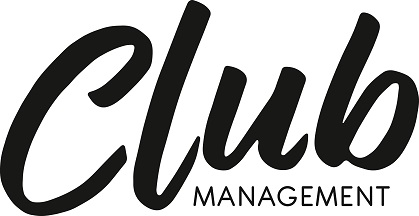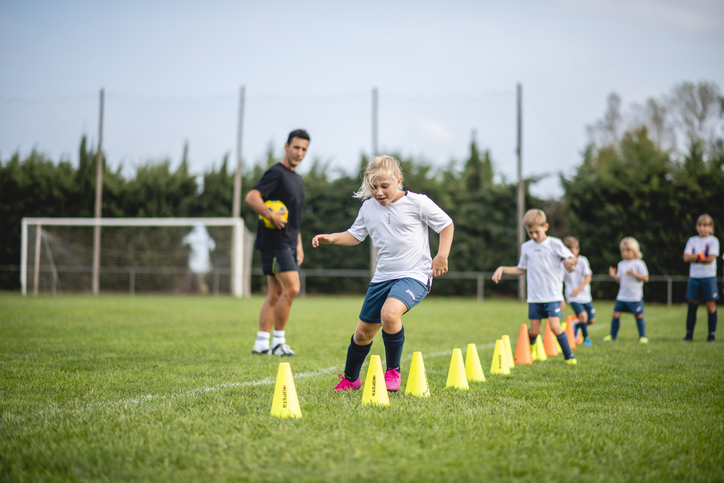Clubs Tasmania has partnered with Migrant Resource Centre Tasmania (MRC Tas) to launch a pilot program designed to address a critical shortage of qualified sports trainers and first aiders across the state, while helping newly arrived Tasmanians build connections through community sport.
Through the Sports First Aider Kickstart program, an initial 15 volunteers from migrant and refugee backgrounds will undertake accredited first aid and sports injury management training and be placed with local clubs. The aim is to prepare them to volunteer or work as sport trainers with local clubs.
The initiative will also provide cultural capability training for participating clubs and their club administrators and volunteers to strengthen inclusion and understanding.
The initiative comes as participation rises across football, soccer, basketball, and other sports, while many clubs are struggling to provide the on-field support essential for player safety and wellbeing. The result has been increasing pressure on ageing or over-stretched volunteers and, in some cases, clubs having to reduce participation or cancel fixtures.
Clubs Tasmania CEO Steve Old said the program was an example of how partnerships can solve multiple community challenges at once.
“We know our sporting and social clubs are the beating hearts of their communities, but they’re under real strain when it comes to finding skilled volunteers,” he said.
“At the same time, many new Tasmanians are looking for ways to connect, contribute, and feel part of local life. This program brings those two needs together in a really practical way as it builds skills, strengthens clubs, and makes our communities safer and more inclusive.”
Clubs Tasmania project manager Tom Darke added sport plays an essential role in settlement and belonging.
“Sport is one of the most powerful tools for inclusion. When people from all backgrounds work together on the field or behind the scenes, everyone benefits — players, clubs, and communities,” he said.
“Through this partnership, we’re not only helping participants gain recognised qualifications and potentially some income, but also helping clubs better understand and engage with Tasmania’s increasingly multicultural community.”
A project evaluation in early 2026 will assess outcomes and opportunities to expand the model statewide.

